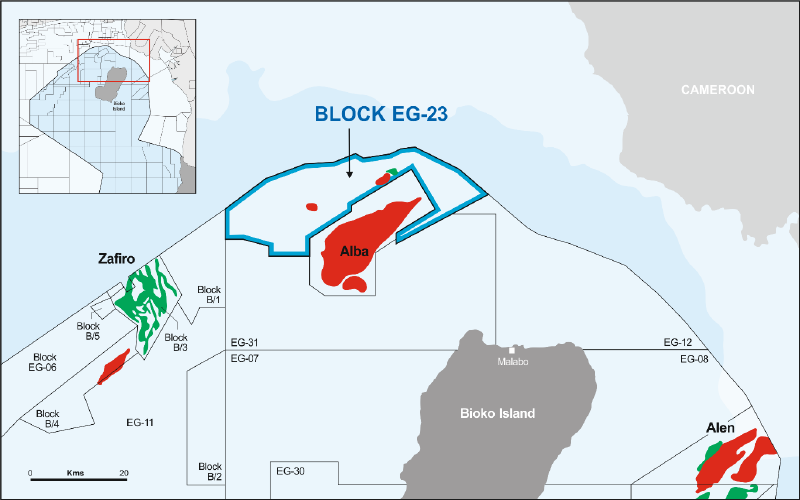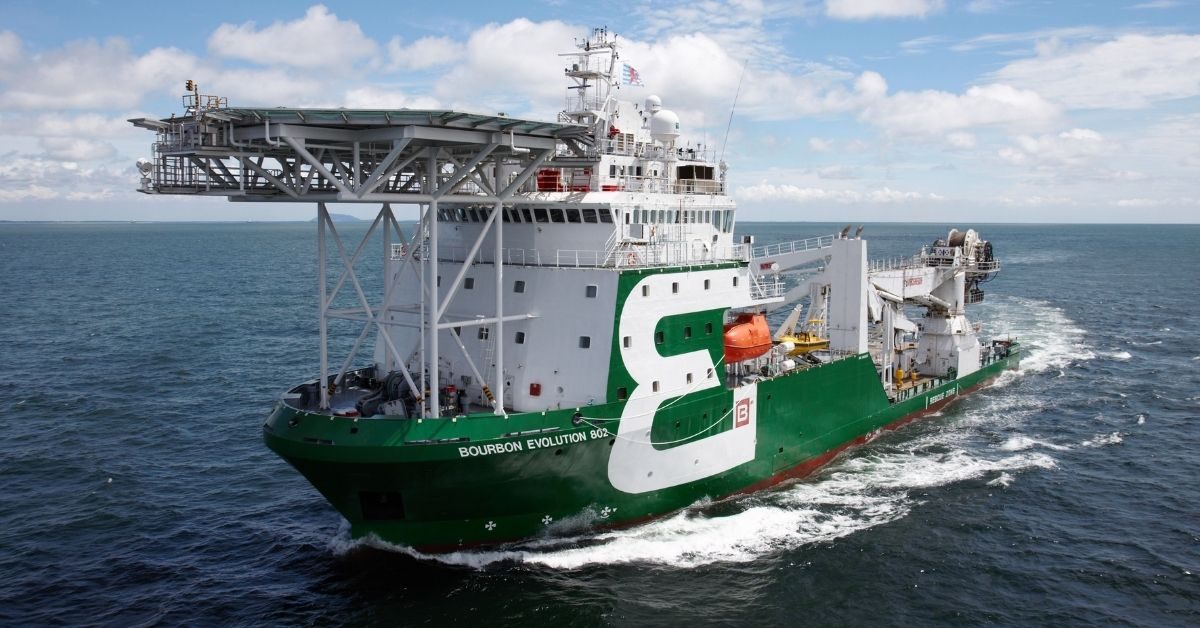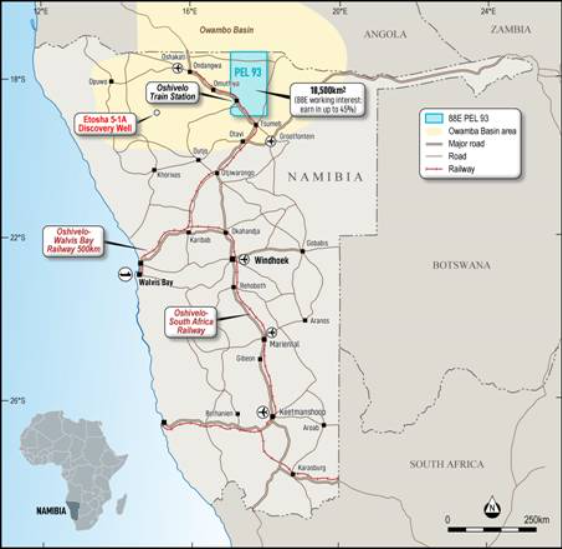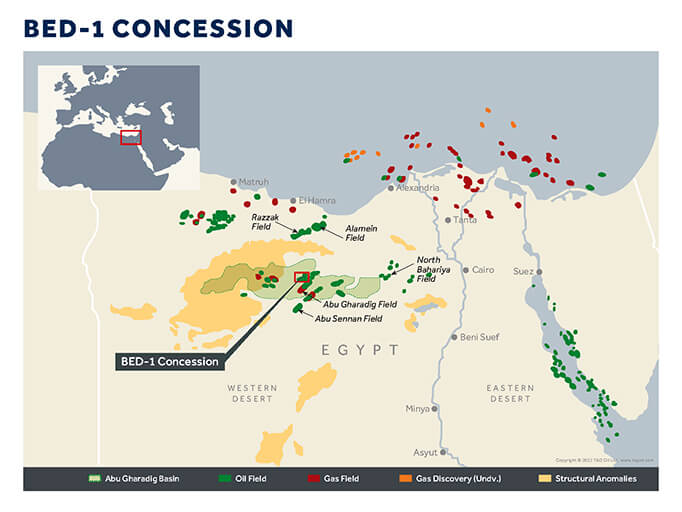Uganda Announces Deal With Foreign Oil Companies
[twitter-follow screen_name=’oilnewskenya’]
Story by CommodityHQ
The government of Uganda is ready to develop its oil sector, but says it prefers to ramp up production slowly.
n recent years, investors have witnessed the US becoming a dominant force in the crude oil space, thanks in part to a development in technologies like fracking, as well as more pipelines distributing the energy resource around the nation.
Outside of the country, however, oil giants have struggled to match the US’s fast growth, forcing these companies to new oil “frontiers.”
Already, oil companies across the globe have spent billions of dollars trying to tap into previously underdeveloped oil reserves both onshore and offshore. In Latin America, Brazilian and Mexican governments have taken steps to attract foreign big oil companies to further boost oil production. The latest region to catch the eye of oil firms, however, is one of the world’s last growing gasoline markets: Africa.
This week, the government of Uganda announced that it has reached a deal with foreign oil companies to develop its oil industry. The major players in the new deal are UK’s Tullow Oil, France’s Total SA, and China’s Cnooc Ltd. .
According to reports, the deal consists of a 60,000 barrels-per-day refinery, a crude oil export pipeline to the port of Lamu in Kenya, and a crude-fired electricity plant in Uganda.
As of January 1, 2013, Uganda’s oil region has proven crude oil reserves of roughly 2.5 billion barrels and proven natural gas reserves of 500 billion cubic feet. According to the US Energy Information Administration, since the first commercial oil discovery was made in Kenya’s Lake Albert Rift basin in 2006, over 50 wells were drilled at the Lake Albert Rift basin, and the vast majority encountered oil.
In regards to when oil production will begin in the country, the EIA states that it “will largely depend on when infrastructure to process and transport the crude oil is completed… Full-scale oil production is expected to start in 2017.”
Though the nearly three-year agreement has finally passed, allowing the three firms to begin operations, the government still needs to decide on daily production levels and the export pipeline route. Currently, the oil firms want production ramping up quickly and peaking at 200,000 bbl/d or more by 2020, while the government prefers a gradual ramp-up and lower peak output to slow the depletion of reserves.
Once these decisions are made, many analysts believe the acceleration of oil-related activity is likely to drive faster GDP growth in Uganda in the years ahead. For those wanting to make a play on the deal, investors will want to keep a close eye on the key players.
[twitter-follow screen_name=’oilnewskenya’]











